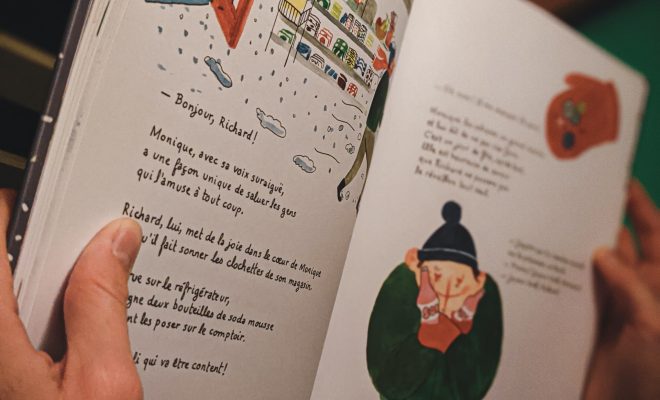Intuition: Everything You Need to Know

A kind of information known as intuition manifests in awareness covertly. It is not a mystical ability but rather a capability wherein the unconscious mind quickly sorts through prior experience and accumulated information to produce hunches.
Where Intuition Comes From
As the mind searches experience stored in long-term memory for comparable events and provides in-the-moment judgments based on them, psychologists think intuition depends on pattern-matching abilities. The common phenomenon known as “highway hypnosis,” which happens when a motorist drives for kilometers without consciously thinking about the activity of driving the automobile, is an example of the spontaneous information processing that underpins intuition.
Is intuition the same as gut feelings?
Since intuition frequently seems like “gut feelings,” it is because it seems to come from a deep place within us. In reality, they result from brain processing that instantly compares parts of the present experience with information and experience from the past. They are brought to consciousness with a great deal of emotional certainty.
How do gut feelings relate to first impressions?
Like initial impressions, intuition fulfills the brain’s desire to anticipate and plan for what will happen next. First impressions are quick, comprehensive evaluations of a person based on small perceptual clues and determining whether they are trying to assist or hurt them. Both depend on automated procedures, and since they are quick assessment systems, both are prone to inaccuracy, particularly because of personal biases.
Is intuition a sixth sense?
Because avoiding danger is essential to human life, our brains are evolved to be particularly sensitive to warning cues and record them before we can identify and respond to them. It may seem natural but results from the brain’s negative bias. However, it is not always correct since the early warning system tends to overreact.
When to Trust Your Gut
Our instincts are often accurate, but we tend to give them confidence that they do not always deserve. In certain areas of experience, such as creating first impressions, they tend to be more accurate than in others. Additionally, intuition is often helpful in spotting lies, other dangers, and sexual orientation.
Should I trust my intuition?
Gut instincts may be useful while making complicated decisions. According to studies of top leaders, even after they evaluate mountains of data, their decisions are still left up to intuition. People often provide reasons for behaviors that seem sensible and do not discuss their preferences for sentiments that occur out of the blue.
Is my intuition always right?
According to experts, intuition is more trustworthy in certain activities than others, no matter how accurate it may seem. For instance, it may assist you in coming up with fresh concepts or new figures of speech. Still, it would help if you didn’t rely on it to understand the terminology, where reflective thinking is more appropriate, or to evaluate job applications. In reality, a lot of situations make use of both conscious, deliberate thought and gut instinct.
Are some people more intuitive than others?
People vary in how much they depend on spontaneous knowledge and conscious thought when it comes to their use of intuition, which is a kind of thinking. Additionally, there are individual differences in implicit learning, which is the capability to absorb complicated knowledge without being aware that one has done so. Additionally, some individuals may compare their present views to the experience and knowledge stored in their memory databases.
Is learning intuitive?
Although the mechanics of memory function outside our awareness, the purposeful effort is often required to acquire the information to be kept in memory. Learning depends on memory input and retrieval. In actuality, intuition is a poor indicator of how well you learn something. Contrary to intuition, research shows that studying in smaller doses is more efficient than studying for extended periods.
Can I improve my intuition?
You may develop your intuitive abilities. Expertise, dependent on tacit knowledge, is a source of intuition. Utilizing feedback and contrasting the results of events in real life with the intuitive judgments you made are essential for developing intuition. A high level of intuition in one area of experience does not imply dependability in others.






